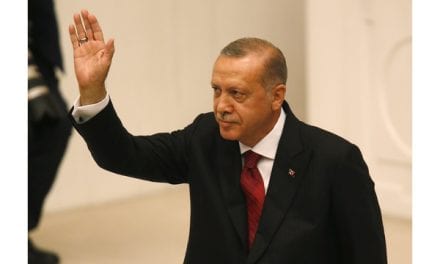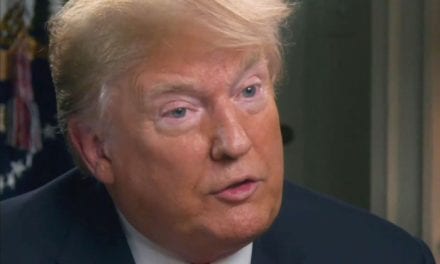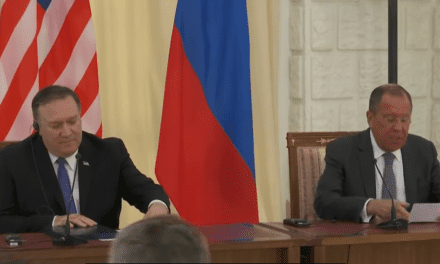Βυ Kati Suominen is Resident Fellow at the German Marshall Fund of the United States
WASHINGTON—The Greek bombshell decision to hold a referendum on the last week’s celebrated eurozone bailout package will ensure that the G20 Summit starting on Thursday in Cannes will be hijacked by Europe’s troubles. A source of turbulence in the world economy, Europe’s problems are the world’s problems and should be on the G20 agenda. But the euro crisis risks distracting the G20’s focus from its long-term imperative: ensuring sustained global economic growth.
The International Monetary Fund forecasts a decent 4 percent global growth this year. But that forecast has been repeatedly slashed throughout the year as Europe has failed to contain its crisis and U.S. fiscal plans remain hazy. The IMF now projects Europe will grow by only 1.6 percent and United States by 1.5 percent in 2011. Emerging economies are the silver lining, projected to expand by 6.4 percent this year.
The problem is that emerging market growth has short coattails. Despite bullish forecasts by Wall Street analysts, emerging economies have failed to generate a global “supercycle” of widespread growth and prosperity. Instead, they are hostage to the transatlantic economic morass that slows their exports and rocks stock markets.
But emerging economies could still ride to the rescue. Armed with $3.2 trillion in reserves, China could help bail out Europe. With $4 trillion in assets under management, emerging market sovereign wealth funds could invest in high-growth projects around the world. And by propelling domestic consumption all the while ceasing to manipulate their currencies, East Asian nations, China in particular, could stimulate export-led growth in the United States, which in turn would significantly accelerate global recovery.
But such fixes are neither easy nor likely.
In search of cash to fund last week’s €1 trillion rescue package, Europeans have extended the begging bowl to Beijing. China does have a stake in a solvent Europe, which is its main export market and where China already holds €600 billion of sovereign debt. But the Chinese are unlikely to tap their coffers without clear details on the use of the cash, Europe’s granting of market economy status to China, and, possibly, the silencing of European criticism of Beijing’s human right violations.
Moreover, Beijing’s pockets are not bottomless. After its short-term trade and sovereign debts and funds channeled to its sovereign wealth fund are subtracted from its reserves, China may have no more than about $500 billion available for a European rescue package.
Before the Greek announcement, India, Russia, and Brazil expressed willingness to jump on board and channel funds to Europe via the IMF — provided Europeans swallow a bitter pill: the humiliating use of funding facilities designed for poor economies and, perhaps, the relinquishing of some of their IMF powers.
Sovereign wealth funds are also not about to ride to the rescue. Already chastised at home for their multibillion investments in Bank of America and Citigroup that have gone sour, emerging market sovereign wealth funds are looking for surefire bets rather than extending lifelines to rich nations.
If there is a prescription for long-term, sustained growth, it is global rebalancing. In an ideal world, the United States would export more and Asia would consume more. But today, all countries are looking to grow by exporting, which is sparking currency wars and protectionist posturing. Lacking enforcement tools, the G20’s rebalancing agenda is toothless. And Washington’s calls on China to increase domestic consumption, tighten intellectual property protections, and cease currency manipulation fall on deaf ears.
Today’s economically interdependent, realpolitik world offers two lessons. The first is that while economics may be global, economic fixes are local. The Greece ordeal is an exclamation point to that. Going forward, Europe and the United States must look deep within, much like emerging markets had to do in facing up to their crises. The cost of the Eurozone’s common currency is greater fiscal integration and truly tough-love enforcement regime; the price for future economic dynamism is flexible labor markets and curtailed welfare states. In the United States, the Congressional budget super committee must free the world’s leading economy from its historic debt load. And, rather than waiting for China to appreciate its currency to spur imports, Washington must take charge of its trade agenda — deepen market access in Asia-Pacific, India, and Brazil, and buttress the 30 million-strong army of the United States’ small and mid-size enterprises.
The second lesson is that getting to growth in the interdependent modern world takes far more give-and-take. China, India, Brazil, and other emerging market economies must understand that advanced nations’ recovery and global rebalancing are in their economic self-interest. By paving the way to growth, they would show they global leadership they covet — which, after all, is not about shiny seats in international institutions, but about stepping up to the plate at the world’s hour of need. Besides, now that Greece stripped away any first-mover advantage the Eurozone sought in G20 with last week’s bailout plan, the cash-rich emerging white knights have already gained new powers.


















